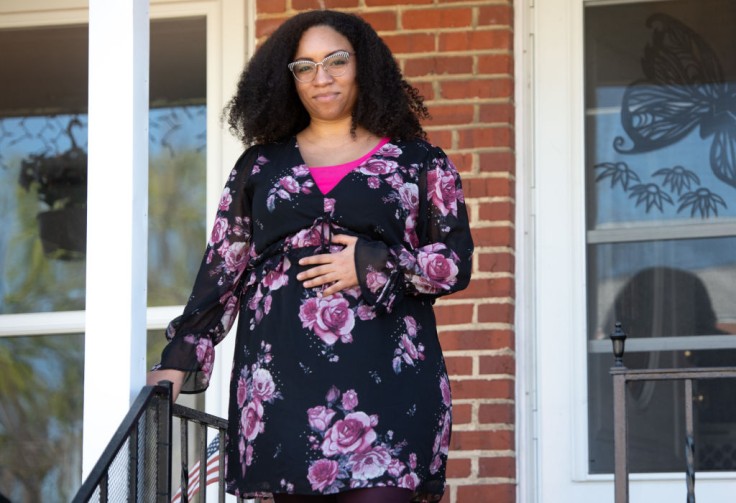
COVID-19 vaccine does not affect a woman's chances of getting pregnant, but getting coronavirus might reduce male fertility, a study says.
In a study that involved around 2,000 couples who were trying to conceive, researchers found that the likelihood of conception of couples vaccinated with Moderna, Johnson & Johnson, and Pfizer-BioNTech were the same compared with unvaccinated couples.
The study involved females aged between 21 to 45 and their partners. The respondents completed a questionnaire on their income, education level, lifestyle, reproductive and medical histories, and vaccination information.
The data were analyzed from the Pregnancy Study Online (PRESTO), an internet-based prospective study of US and Canadian couples trying to conceive without fertility treatments. Lauren A. Wise, Sc.D., of Boston University, led the project.
The findings indicated that couples have a lower chance of conception if the male partner had been infected with COVID-19 sixty days before the partner's menstrual cycle. The study, therefore, suggests that COVID-19 could temporarily reduce fertility in males.
Concerns on vaccination affecting fertility
According to Amelia Wesselink, a research assistant professor of epidemiology at Boston University School of Public Health, many reproductive-aged individuals remain unvaccinated as they have cited concerns about fertility.
"Our study shows, for the first time, that COVID-19 vaccination in either partner is unrelated to fertility among couples trying to conceive through intercourse," she said.
The study results are also important information for physicians who counsels patients hoping to conceive.
The vaccination rate among pregnant women has remained low in the United States, despite studies suggesting that not getting vaccinated increases the chances of miscarriage or a baby dying in the first month of pregnancy.
COVID-19 affects male fertility
The study also revealed that male partners who tested positive within 60 days of a given menstrual cycle were less likely to conceive by 18 percent in that cycle. The study supports previous research findings that linked COVID-19 infection in men with poor sperm quality and other reproductive dysfunction.
Researchers link male fertility decrease to fever, a common COVID-19 symptom. Fever reduces sperm count and motility hence the temporary decline in male fertility for male partners inflicted with the COVID-19 infection.
Another possible reason for decreased fertility among male partners could be the inflammation in the testes, surrounding tissues, and erectile dysfunction, which are common symptoms when infected with COVID.
Researchers note that the short-term decline in male fertility could be avoided by vaccination.
Effect of COVID-19 on menstruation
The research team is looking for evidence linking anecdotal reports that their menstrual period changed after receiving a vaccine shot.
The latest finding hopes to quell concerns that short-term changes to the menstrual cycle affect the ability of women to conceive.
Finally, the recent study concludes that vaccination against COVID-19 does not have a harmful effect on fertility. The vaccine helps avert the risks of SARS-CoV-2 infection on fetal and maternal health. For these reasons, Wise and her study team encourage anyone aspiring to start a family to get a COVID-19 vaccine shot.